Introduction Korean Grammar ‘-은/는 게 어때요?’
Learning Korean grammar can be challenging, but breaking it down into manageable lessons can make it easier. Today, we will explore the grammar pattern ‘은/는 게 어때요?,’ which is used to make suggestions or ask for opinions in Korean. This lesson will help you understand and use this form effectively.
📝Learn Korean with JAEM : Improve your Korean with our app through free lessons and courses. And also, Join our JAEM challenge program to progress from upper-beginner to master level with Native Korean Coaches. Strat to study Korean more!
✨Our Book: Don’t miss out on our comprehensive book that covers essential Korean language skills and strategies. See our books and study with us! 🙂
🚀Looking for practical Korean study tips and TOPIK strategies? Check out JAEM Blog, where we share expert insights, vocabulary guides, and writing tips to help you succeed. Stay updated with useful content and take your Korean to the next level!
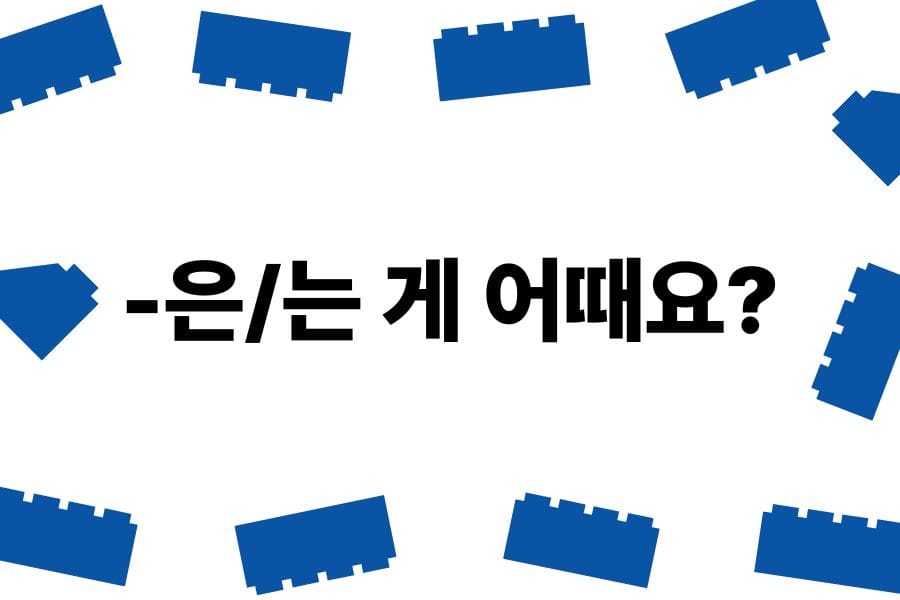
Jump to:
Grammar Explanation
The grammar pattern ‘는/은 게 어때요?’ is used to make suggestions or ask for opinions. It is similar to saying “How about…?” or “What do you think about…?” in English.
Formation:
- For verb stems ending in a consonant, add ‘-은 게 어때요?’
- For verb stems ending in a vowel, add ‘-는 게 어때요?’
| Speech Form | Form | Example Sentence |
|---|---|---|
| Verb (to go) | 가는 게 어때(요)? | 학교에 가는 게 어때요? (How about going to school?) |
| Verb (to eat) | 먹는 게 어때(요)? | 밥을 먹는 게 어때요? (How about eating a meal?) |
| Verb (to read) | 읽는 게 어때(요)? | 책을 읽는 게 어때요? (How about reading a book?) |
| Verb (to study) | 공부하는 게 어때(요)? | 공부하는 게 어때요? (How about studying?) |
Examples
Making Suggestions with ‘는/은 게 어때요?’:
- 가다 (to go)
- 가는 게 어때(요)? = How about going?
- 내일 산에 가는 게 어때(요)? = How about going to the mountain tomorrow?
- 먹다 (to eat)
- 먹는 게 어때(요)? = How about eating?
- 이 식당에서 먹는 게 어때(요)? = How about eating at this restaurant?
- 읽다 (to read)
- 읽는 게 어때(요)? = How about reading?
- 이 책을 읽는 게 어때(요)? = How about reading this book?
- 공부하다 (to study)
- 공부하는 게 어때(요)? = How about studying?
- 도서관에서 공부하는 게 어때(요)? = How about studying at the library?
Asking for Opinions with ‘는/은 게 어때(요)?’:
- 보다 (to see)
- 보는 게 어때(요)? = How about seeing?
- 저 영화를 보는 게 어때(요)? = How about watching that movie?
- 만나다 (to meet)
- 만나는 게 어때(요)? = How about meeting?
- 주말에 만나는 게 어때(요)? = How about meeting on the weekend?
- 살다 (to live)
- 사는 게 어때(요)? = How about living?
- 이 동네에 사는 게 어때(요)? = How about living in this neighborhood?
- 일하다 (to work)
- 일하는 게 어때(요)? = How about working?
- 이 회사에서 일하는 게 어때(요)? = How about working at this company?
Usage in Context
When using ‘은/는 게 어때(요)?’ in different contexts, it emphasizes making suggestions or asking for opinions in a polite and engaging manner.
Making Suggestions:
- 이번 주말에 여행 가는 게 어때(요)? = How about going on a trip this weekend?
- 저녁으로 피자를 먹는 게 어때(요)? = How about having pizza for dinner?
- 다 같이 노래방에 가는 게 어때(요)? = How about going to the karaoke together?
- 오늘 밤에 영화 보는 게 어때(요)? = How about watching a movie tonight?
Asking for Opinions:
- 이 옷을 사는 게 어때(요)? = What do you think about buying this clothes?
- 그와 얘기하는 게 어때(요)? = How about talking to him?
- 운동을 매일 하는 게 어때(요)? = How about exercising every day?
- 아침 일찍 일어나는 게 어때(요)? = What do you think about getting up early in the morning?
Cultural Insight: In Korean culture, using ‘은/는 게 어때(요)?’ is a polite way to make suggestions or ask for opinions. It shows respect for the other person’s preferences and encourages open communication.
Common Mistakes
Common Mistakes:
- Incorrect: 가게 어때요? (missing the verb ending)
- Correct: 가는 게 어때요? = How about going?
- Incorrect: 먹게 어때요? (missing the verb ending)
- Correct: 먹는 게 어때요? = How about eating?
Mistake Explanation: Ensure that the correct form ‘은/는 게 어때요?’ is used to make suggestions or ask for opinions, rather than omitting parts of the verb ending.
Related Grammar Points
Explore these related grammar points to deepen your understanding:
- -ㄹ/을까요?: To ask for opinions or make suggestions.
- -아/어 볼까요?: To suggest trying something.
- -아/어야 해요: To express necessity or obligation.
- -고 싶어요: To express desires or wants politely.
Practice Exercises
Practice Makes Perfect!
- Exercise 1: Conjugate the following verbs using ‘은/는 게 어때요?.’
- 가다 (to go)
- 먹다 (to eat)
- 읽다 (to read)
- 공부하다 (to study)
Answer Key:
- 가는 게 어때요?
- 먹는 게 어때요?
- 읽는 게 어때요?
- 공부하는 게 어때요?
- Exercise 2: Create sentences using ‘은/는 게 어때요?’ for the following situations:
- How about going to the mountain?
- How about eating at this restaurant?
- How about reading this book?
- How about studying at the library?
Answer Key:
- 산에 가는 게 어때요?
- 이 식당에서 먹는 게 어때요?
- 이 책을 읽는 게 어때요?
- 도서관에서 공부하는 게 어때요?
Learn Real Korean with JAEM!
Learn Korean with JAEM Korean App & JAEM Challenge: Discover the best way to learn real Korean with our comprehensive app. Enjoy a wide variety of free lessons and courses designed to help you master the language. Also, our unique JAEM challenge program guides you from an upper-beginner level to a master course, all under the guidance of Native Korean Coaches. Whether you’re just starting out or looking to refine your skills, this program offers an effective path to fluency.
Our Book: Additionally, explore our comprehensive book that covers essential Korean language skills and strategies. This valuable resource complements our app and AI program, providing a holistic approach to mastering Korean.
Master Korean with JAEM Blog! : Looking for the best tips to improve your Korean? JAEM Blog has everything you need! From TOPIK strategies to vocabulary and writing tips, we provide expert insights to help you study smarter. Stay updated with practical content and take your Korean learning to the next level! 🚀
If you want 1:1 Korean teacher, There is another service name “Chapter Korean“
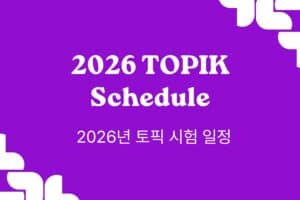
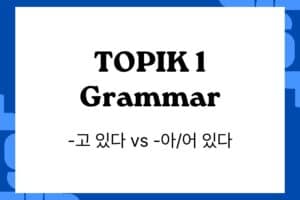
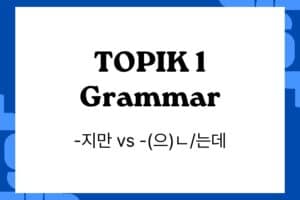
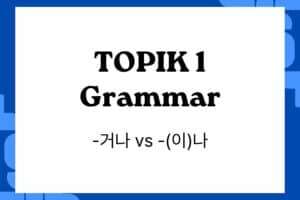
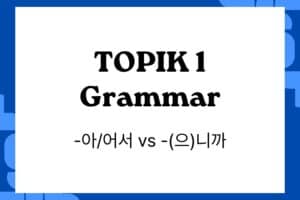
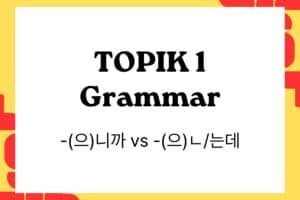
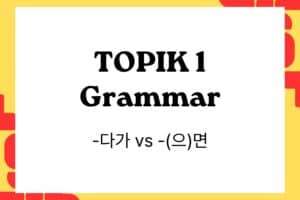
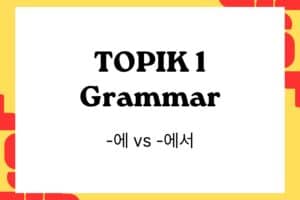
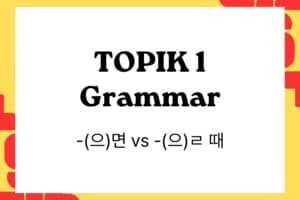
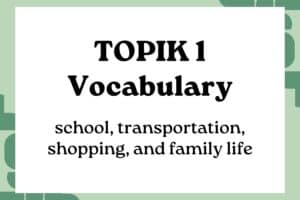
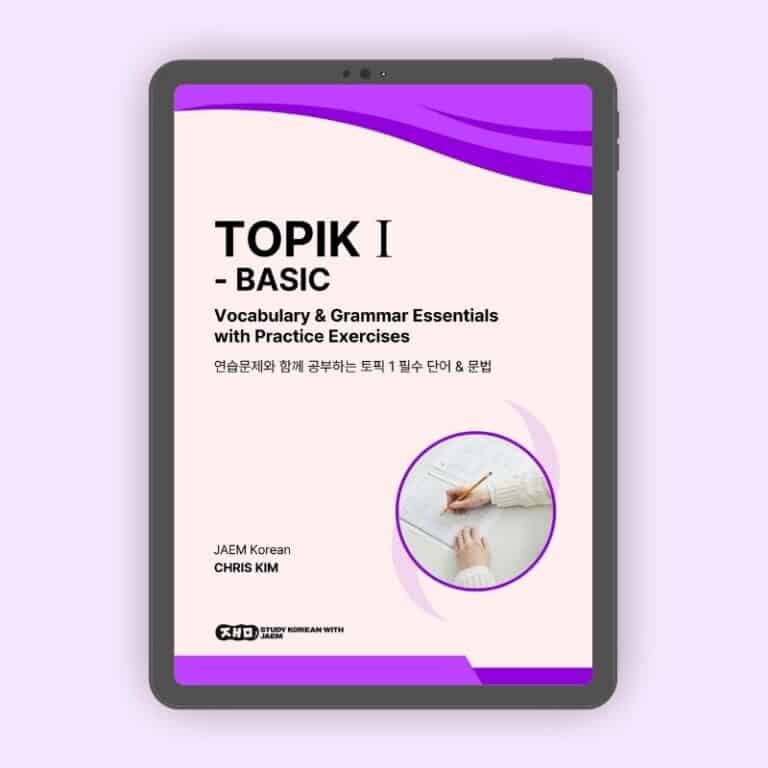
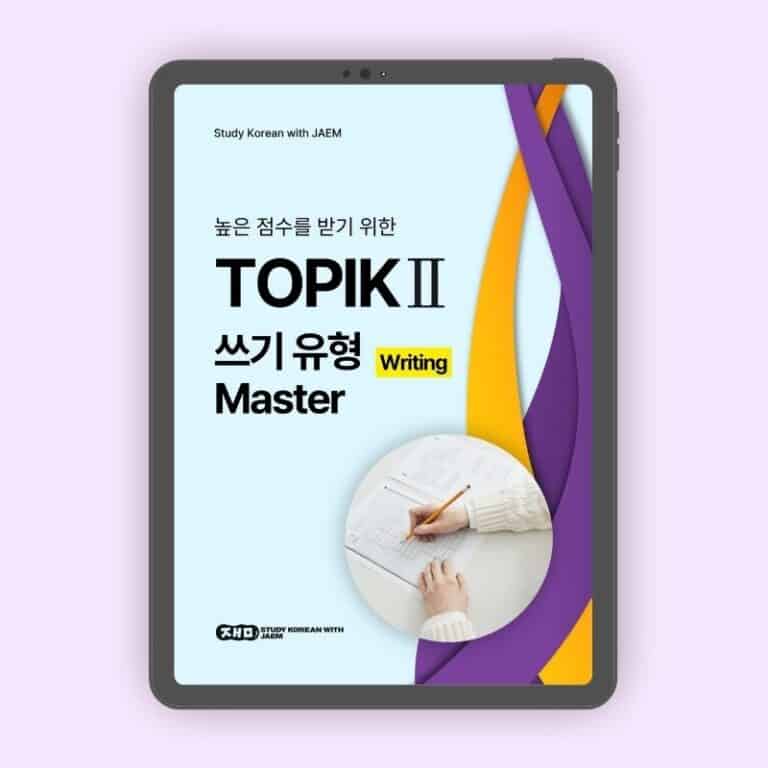
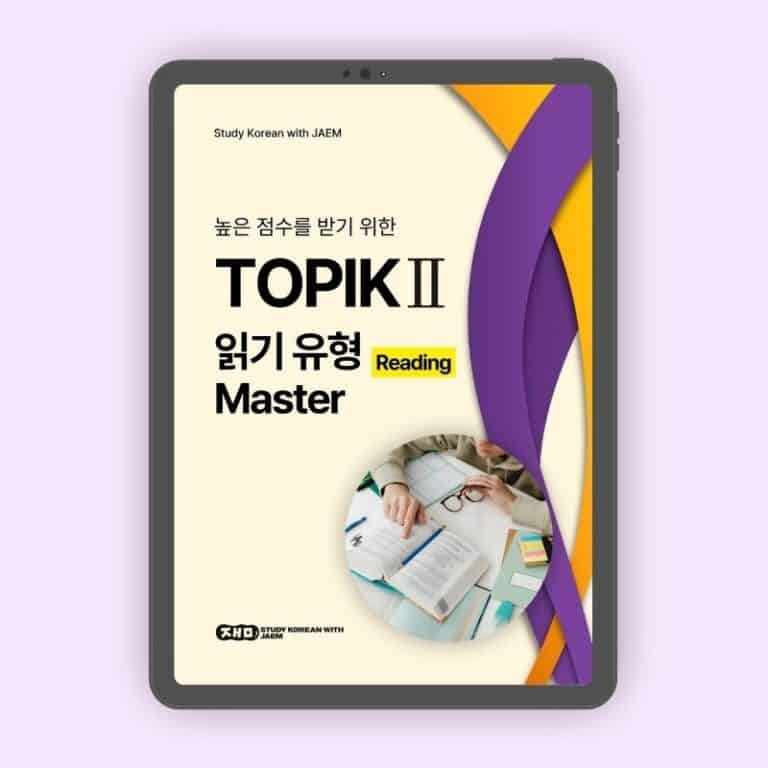
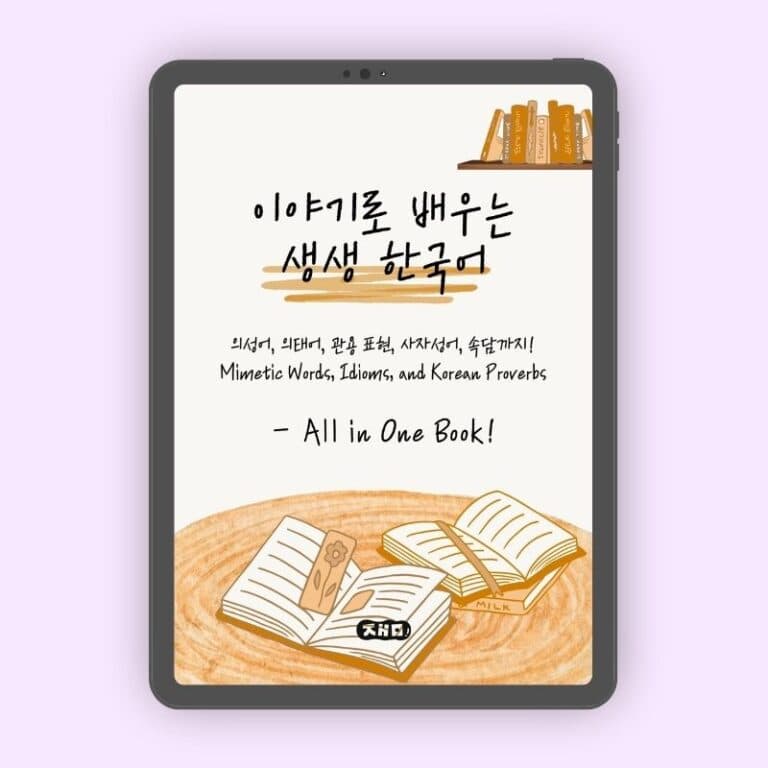
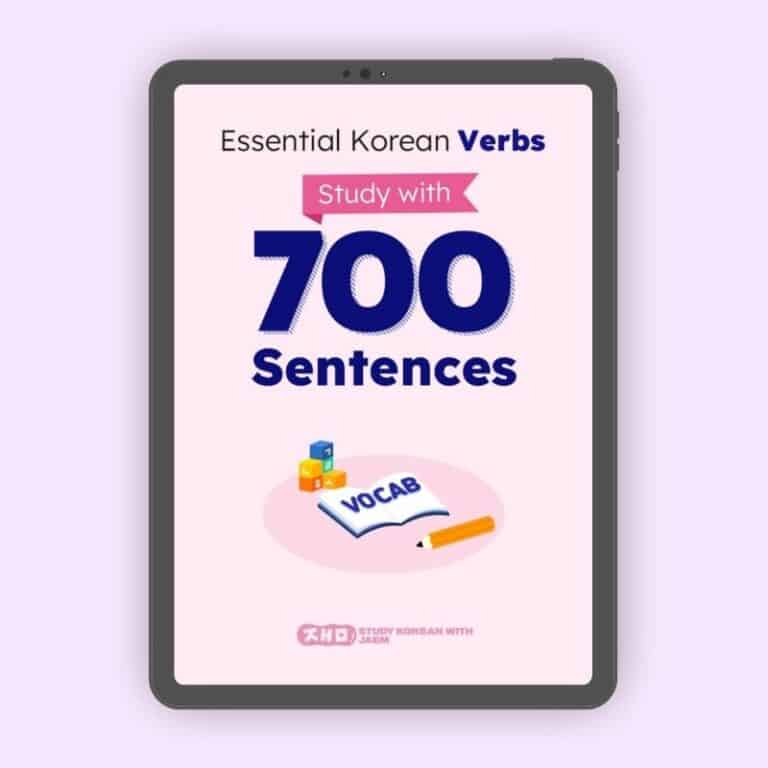
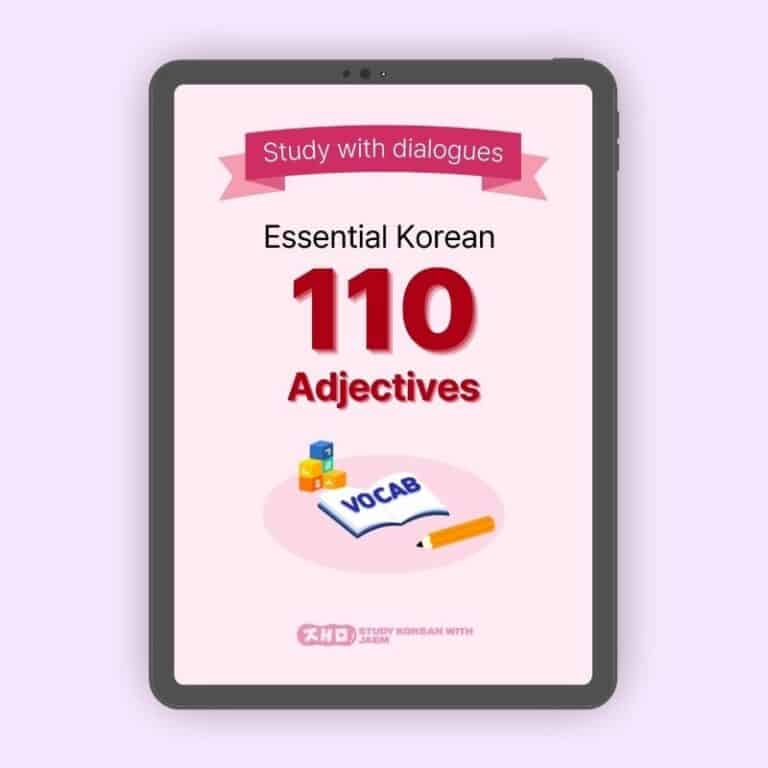
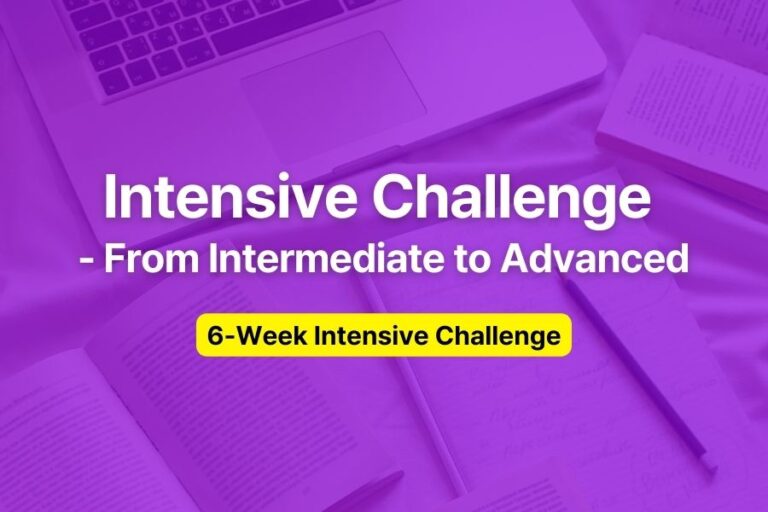
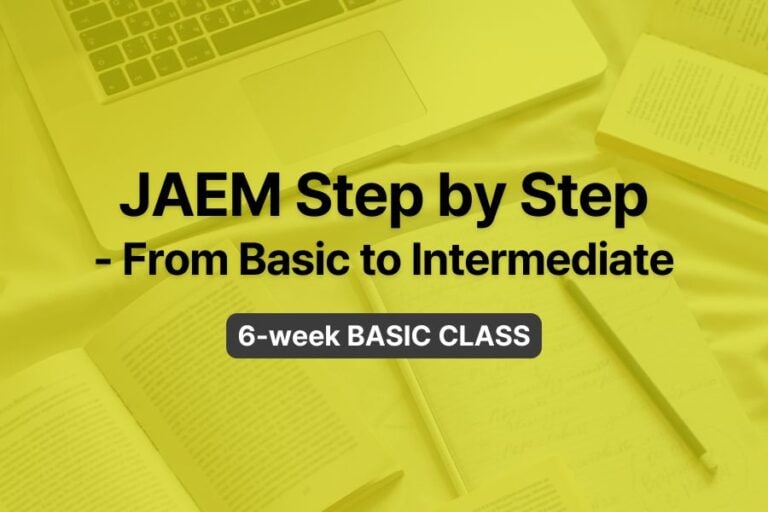
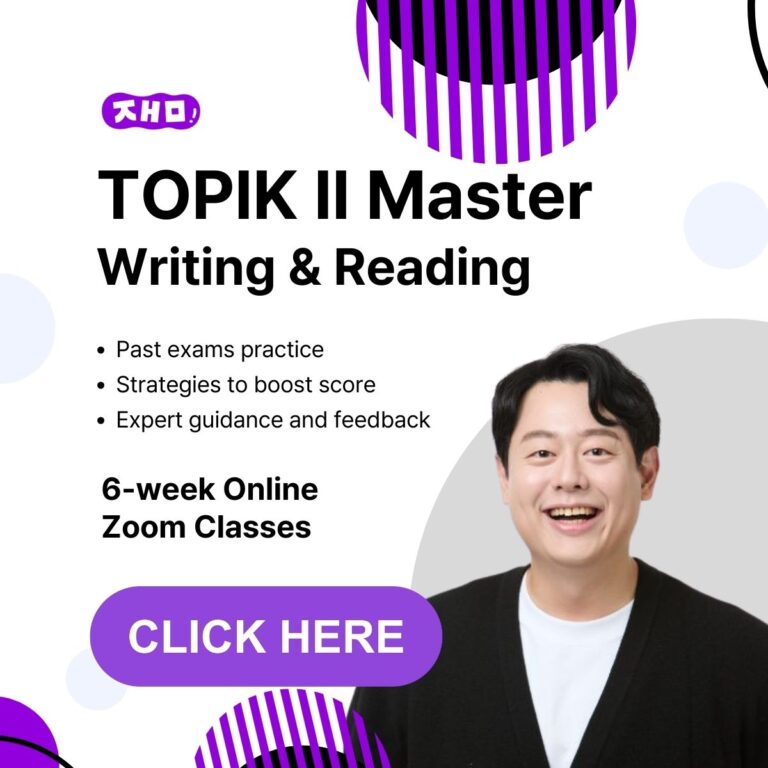
Responses